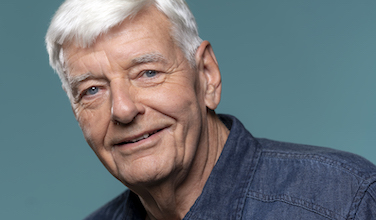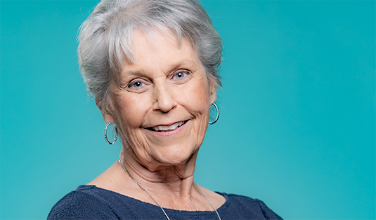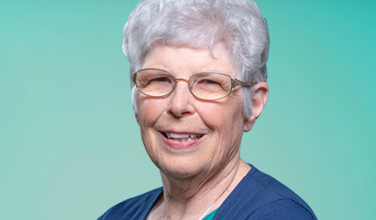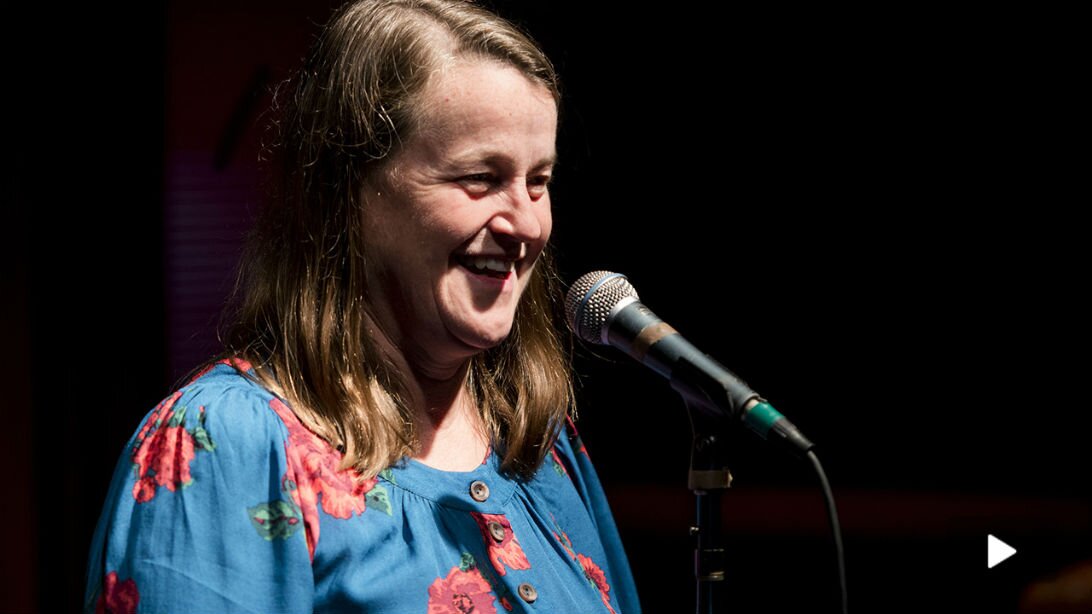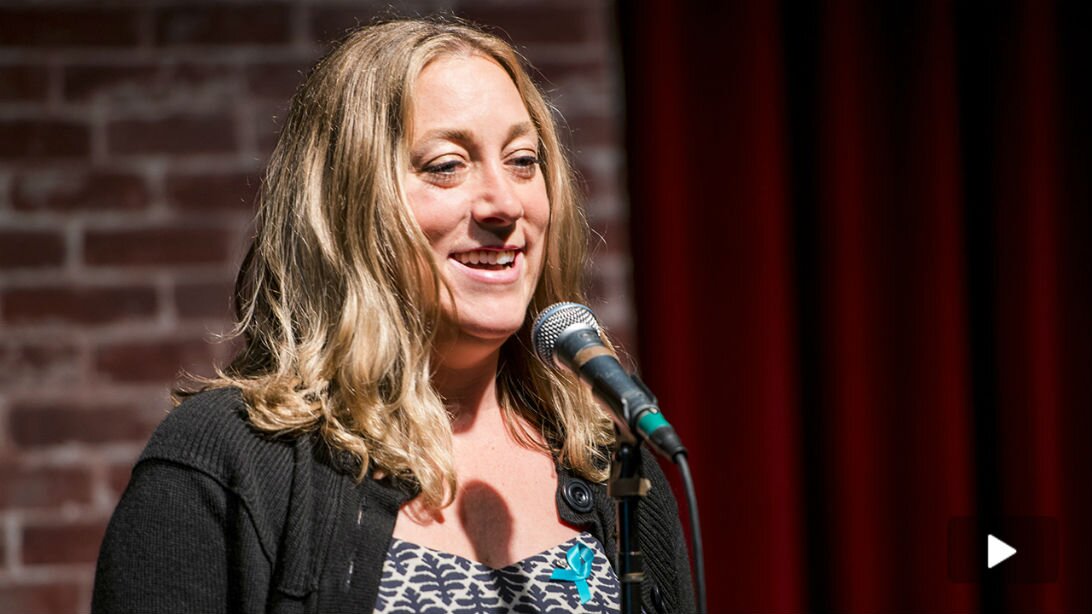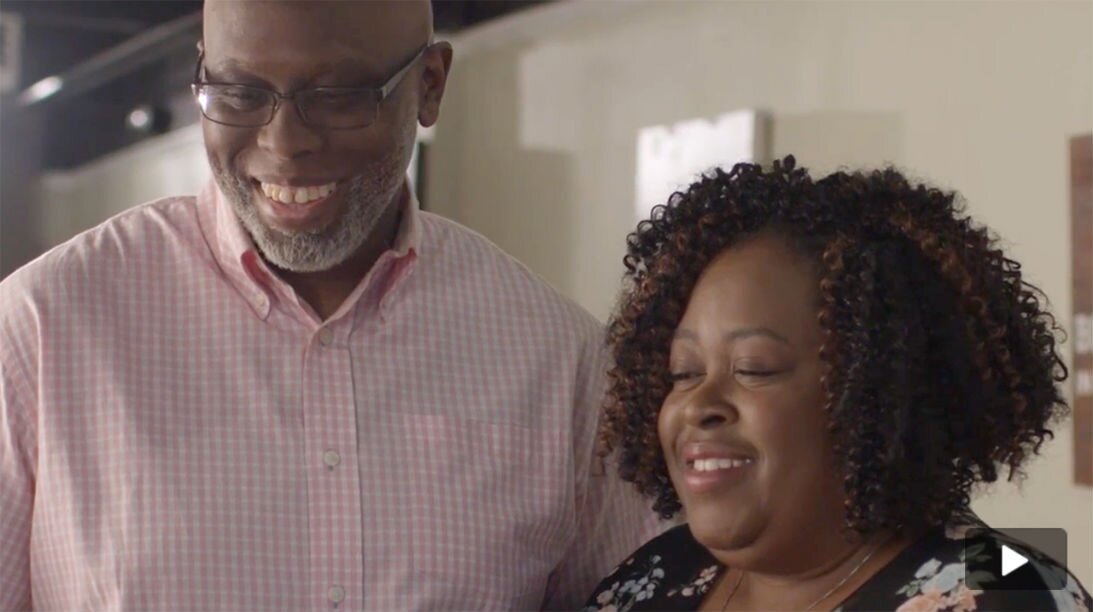The following blog post was written by Jim Ingalls, an Our Way Forward (OWF) care partner ambassador, for the OWF website. The post offers advice for care partners on different ways they can support their loved ones throughout their experience with ovarian cancer. Jim’s wife Karen is an ovarian cancer survivor and OWF patient ambassador.
+++
A diagnosis of ovarian cancer or any life-threatening cancer or disease often requires help from a spouse, partner, sister, mother or any family member. If you are a care partner, it’s important to remember that the help that is needed or wanted varies among individuals.
A care partner needs to understand the difference between “giving care” and “taking care,” and recognize what his or her loved one needs most. By giving care, one is giving the care the individual says he or she wants or needs. By taking care, the care partner is providing what he or she thinks the individual wants or needs.
I have been a care partner for my wife, Karen, from the first day the gynecologic-oncologist diagnosed her with ovarian cancer. During her treatment, I took care of her by providing her with quiet time to meditate, bringing her Laurel & Hardy movies, and visiting her favorite parks and peaceful places. I gave care by listening and consoling her any time she needed it. Times of praying together, crying and holding one another, and planning for our future, were important to both of us.
Karen had long brown hair, and she did not want to shave her head even though she knew it would fall out. One day, I showed her a strand of her hair on my toothbrush, and she laughed and agreed it was time to shave her head. I was at her side during that difficult day. I went with her to get scarves, hats and a wig. I kissed her bald head and told her: You are just as beautiful bald as you are with hair.
In the chemotherapy room, I made sure Karen had warm blankets, water and snacks. We both became friends with many of the women and care partners in the chemotherapy room, a place none of us wanted to be. I offered a blanket, snack or lunch to other patients. One nurse named me “Cabana Boy,” and soon everyone was affectionately calling me by that name.
Just like a cabana boy at a hotel or resort, I try to remain attentive to my wife’s every need. Eleven years later, two recurrences and six rounds of chemotherapy three different times, I continue to give and take care of Karen. I am happy to be her cabana boy for life.

